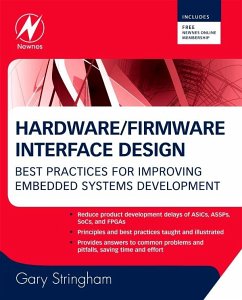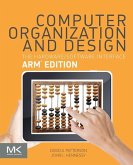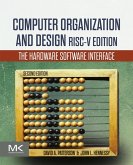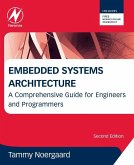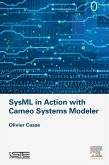Why care about hardware/firmware interaction? These interfaces are critical, a solid hardware design married with adaptive firmware can access all the capabilities of an application and overcome limitations caused by poor communication. For the first time, a book has come along that will help hardware engineers and firmware engineers work together to mitigate or eliminate problems that occur when hardware and firmware are not optimally compatible. Solving these issues will save time and money, getting products to market sooner to create more revenue.
The principles and best practices presented in this book will prove to be a valuable resource for both hardware and firmware engineers. Topics include register layout, interrupts, timing and performance, aborts, and errors. Real world cases studies will help to solidify the principles and best practices with an aim towards cleaner designs, shorter schedules, and better implementation!
The principles and best practices presented in this book will prove to be a valuable resource for both hardware and firmware engineers. Topics include register layout, interrupts, timing and performance, aborts, and errors. Real world cases studies will help to solidify the principles and best practices with an aim towards cleaner designs, shorter schedules, and better implementation!
- Reduce product development delays with the best practices in this book
- Concepts apply to ASICs, ASSPs, SoCs, and FPGAs
- Real-world examples and case studies highlight the good and bad of design processes
Dieser Download kann aus rechtlichen Gründen nur mit Rechnungsadresse in A, B, BG, CY, CZ, D, DK, EW, E, FIN, F, GR, HR, H, IRL, I, LT, L, LR, M, NL, PL, P, R, S, SLO, SK ausgeliefert werden.

